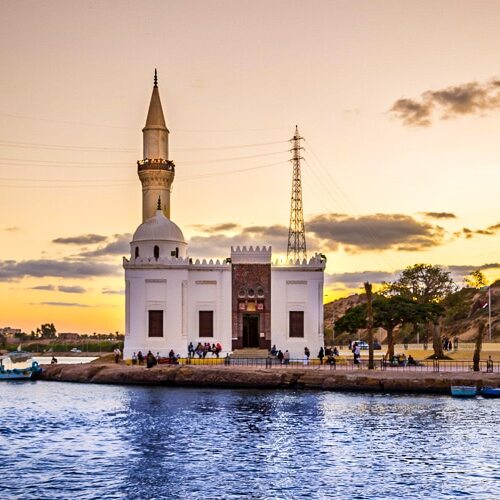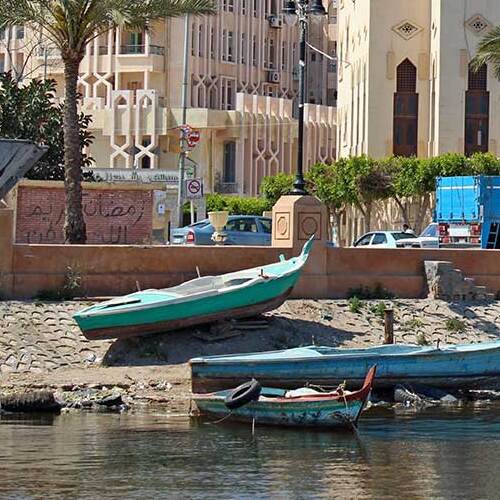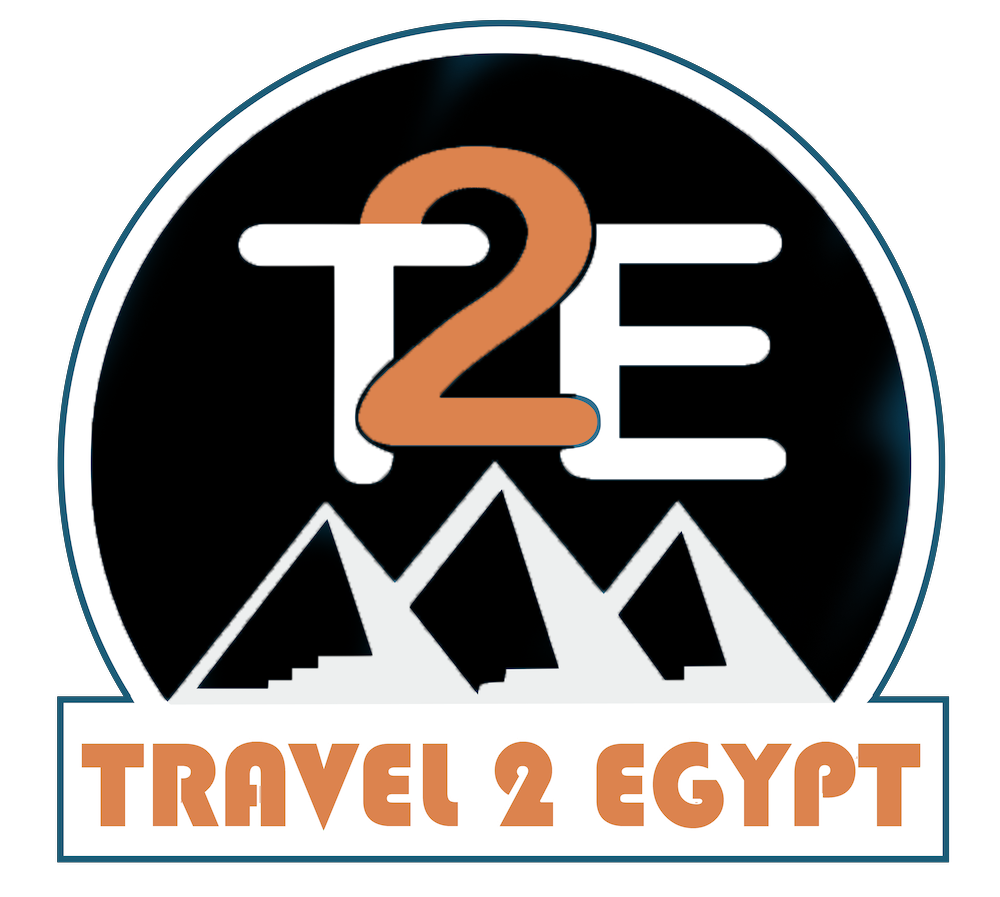Rosetta Rasheed Travel Guide
Rosetta Rasheed Travel Guide
Nestled on the western bank of the Nile, 65 kilometers northeast of Alexandria, lies Rosetta—a town that, despite its current unassuming demeanor, once rivaled Alexandria as Egypt’s preeminent port. Known locally as Rasheed, this historical gem was established in the 9th century and flourished while Alexandria waned during the 18th and 19th centuries. However, Rosetta’s prominence faded as Alexandria regained its stature in the late 19th century.
Today, Rosetta is renowned for being the discovery site of the Rosetta Stone, an ancient artifact instrumental in deciphering Egyptian hieroglyphics. Contrasting sharply with the bustling modernity of nearby Alexandria, Rosetta exudes a timeless charm. Its streets are a tableau of traditional life: donkeys hauling heavily laden carts, artisans masterfully weaving baskets, and blacksmiths laboring in workshops that echo a medieval past.
The town’s allure is further heightened by its remarkable Islamic architecture, particularly the exquisite Ottoman-era merchants’ houses. Of these, at least 22 are scattered throughout the town, each a masterpiece of design. However, many are currently under renovation and not accessible to visitors.
Rosetta’s architectural legacy is predominantly shaped by the Delta style from the Ottoman era. The local houses, typically four stories high, feature wooden windows adorned with intricate mashrabiyas. The façades are a mosaic of red and black tiles, set off by stark white joints. Despite the small number of these houses—about 22—they encapsulate the essence of Rosetta’s historical significance.
A tour of Rosetta, encompassing these architectural wonders along with visits to its two ancient mosques, can be comfortably completed in just over an hour. The journey concludes fittingly by the Nile, where vibrant, large fishing boats paint a picturesque scene. Currently, the notable landmarks open to the public include the House of Amasyali, House of Abu Shaheen, and Hammam Azouz.
This updated portrayal of Rosetta captures its unique blend of historical grandeur and enduring traditions, offering a glimpse into a lesser-known yet fascinating chapter of Egypt’s rich tapestry.
Created On 1 May 2019
Updated On January 26, 2024



